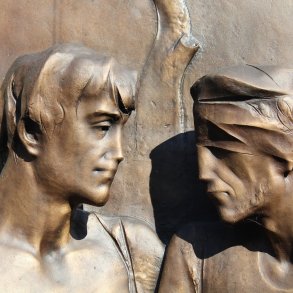Originally published in French with no author listed, on the Bpifrance website, translation by EE Staff
By adopting Holacracy model, the TalkSpirit company strengthened the autonomy and agility of its employees and thus their ability for innovation.
 “The principle, is confidence,”says Philippe Pinault, CEO of TalkSpirit, company member of the Bpifrance Excellence community. Using Holacracy for about ten years, his company today operates without hierarchy and without subordination. Specializing in the digital transformation of a number of enterprises, in September 2014, it adopted an operation mode in which the mechanisms of decision-making are distributed Holocratically.
“The principle, is confidence,”says Philippe Pinault, CEO of TalkSpirit, company member of the Bpifrance Excellence community. Using Holacracy for about ten years, his company today operates without hierarchy and without subordination. Specializing in the digital transformation of a number of enterprises, in September 2014, it adopted an operation mode in which the mechanisms of decision-making are distributed Holocratically.
Trained and accompanied by the firm IGI Partners’ Holacracy specialist, Philippe Pinault defined with its employees all the “roles” necessary for the proper functioning of the company and the achievement of its mission. The “role: well-being and work performance” for example has the purpose of identifying and implementing “practices, technologies which develop well-being and work performance. “The “role: to know” must propose solutions in order to “attract the interest of the market for TalkSpirit and publicize its activities and success.” The “roles” were then distributed among 20 employees. TalkSpirit is based in Paris and Montpellier. There is no longer a manager to dictate; “everyone is responsible and has authority over his or her roles,” says Philippe Pinault.
Greater capacity for innovation
“Holacracy does not change what employees do, but the way they do it and how they interact,” he continues. In addition to the clarity provided to missions and responsibilities, this mode brings autonomy and agility. “By promoting participation and by feeding the ability to resolve tensions, the model leads to a greater capacity for innovation,” continues the CEO of TalkSpirit. Far from being frozen, Holacracy is a toolbox to adapt. “Regular meetings allow governance to make adjustments continuously” says Philippe Pinault.
The adoption of this approach also invites rethinking the whole organization. The “HR functions have been impacted,; for example: today the teams choose their holidays” says Philippe Pinault. For the director, it’s a relief. “Before,I was often engaged with issues that were not within my competence. Today I have more time to devote to my roles and reflection on the organization.”



